Ants in Winter | Surviving the Cold: Ants in Winter Explained
During winter, ants don't simply shut down and go into a deep sleep. Instead, they enter a state of dormancy known as diapause. This dormancy allows them to conserve energy and protect themselves from the freezing temperatures. While they may not be active foragers during this period, their focus shifts to finding shelter and warmth rather than collecting food.

Key Takeaways:
- Ants enter a state of dormancy called diapause during winter.
- They prioritize shelter and warmth over foraging for food.
- Larvae diapause through winter, while adult ants decrease their activities and build up fat stores.
- Ant colonies encircle the queen for protection during the cold months.
- Ants have adaptations like producing antifreeze-like chemicals to survive in colder temperatures.
Do Ants Hibernate in Winter?
Contrary to popular belief, ants don't hibernate in the traditional sense during the winter months. Instead, they enter a state of dormancy known as diapause to survive the cold weather. While ants may slow down their activities during mild winters, they remain active and continue their daily routines.
During winter, ants prioritize finding shelter and warmth over foraging for food. They instinctively seek out protected areas such as tree bark, under rocks, or deep in the soil to maintain a consistent temperature. In some cases, ants may even venture indoors, invading our homes in their search for a cozy spot.
Although ants don't hibernate, their behavior changes significantly in response to colder temperatures. They become less active, conserving energy and focusing on survival rather than productivity. Ant colonies work together to ensure their survival during winter, employing various adaptations to endure the harsh conditions.
Diapause: The Dormancy Phase of Ants
Diapause is a unique physiological state that ants enter during winter. It is similar to hibernation, but with distinct differences. Unlike hibernating animals that disrupt their metabolic processes, ants in diapause remain relatively active and responsive.
During diapause, ant colonies slow down their breeding activities. The larvae, in particular, enter a period of suspended development and remain dormant until spring arrives. This strategy allows them to conserve resources and focus on survival rather than growth.
Ants don't hibernate, but they enter a state of dormancy called diapause. During this time, they slow down their activities and conserve energy to survive the cold winter months.
Surviving the Harsh Winter
Ants employ various survival tactics to brave the freezing temperatures of winter. They adapt their behavior and physiology to increase their chances of making it through the season.
One essential strategy is the accumulation of fat stores. Adult ants build up fat reserves during the warmer months to sustain them when food sources are scarce in winter. These stored fats provide the necessary energy for essential physiological functions and help them survive until spring arrives.

Moreover, ants produce a type of chemical similar to antifreeze. This substance helps them tolerate colder temperatures by lowering the freezing point of their bodily fluids. By preventing ice crystal formation, ants can survive in below-freezing conditions without harm.
Ant colonies also prioritize the protection of their queen during winter. The workers surround the queen, forming a living shield that shields her from the cold. This collective effort ensures the survival of the entire colony, as the queen is crucial for reproduction and the colony's long-term viability.
The Role of Human Habitations
Canada's harsh winters pose significant challenges for ants, forcing them to seek warmth and shelter. Unfortunately, our homes often become attractive sanctuaries for these resourceful insects.
When ants venture indoors, they can cause a nuisance and create potential infestation problems. It's crucial for homeowners to take preventative measures to secure their homes against ant invasions during winter. Proper sealing of entry points, routine maintenance, and prompt removal of food sources can all minimize the risk of ant infestations.
By understanding the behavior of ants in winter and implementing preventative measures, we can effectively protect our homes from these unwanted guests and ensure a pest-free environment all year round.
Ant Winter Adaptations
Ants have developed remarkable survival tactics to endure the challenges of winter. These adaptations enable them to maintain their colonies and ensure their survival even in the harshest conditions.
Burrowing for Temperature Regulation
During winter, ants burrow deep into the soil, seek refuge beneath rocks, or find shelter under tree bark. By doing so, they protect themselves from the fluctuating temperatures above ground, creating a stable microclimate necessary for their survival. This behavior allows ants to maintain consistent body temperatures and protects them from freezing.
Colony Protection
Ant colonies exhibit an impressive level of organization and cooperation to protect themselves during winter. They encircle their queen, forming a defensive barrier that shields her from the harsh elements. This strategic positioning helps maintain optimal conditions for the survival and reproduction of the colony.
Larval Diapause
Larvae play a vital role in the winter survival of ant colonies. They enter a state called diapause, which is a form of dormancy. During diapause, the larvae pause their development and conserve energy until spring arrives. This adaptation ensures the preservation of vital resources within the colony and supports the growth and success of future generations.
Building Fat Stores and Producing Antifreeze
Adult ants prepare for winter by building up fat stores to sustain themselves during periods of food scarcity. They slow down their metabolic processes and conserve energy, ensuring their survival through the colder temperatures. Additionally, ants produce a chemical similar to antifreeze, which prevents their bodily fluids from freezing and allows them to remain active under freezing conditions.
To summarize, ants employ a range of fascinating adaptations to survive winter. They burrow to regulate temperature, protect their colonies, and undergo larval diapause. Additionally, ants build up fat stores and produce antifreeze-like chemicals to withstand the harsh winter conditions.

Ant Winter Adaptations
| Adaptations | Description |
|---|---|
| Burrowing | Ants burrow deep into the soil, beneath rocks, or under tree bark to maintain consistent body temperatures. |
| Colony Protection | Ant colonies encircle the queen for protection during winter, ensuring the survival and reproduction of the colony. |
| Larval Diapause | Larvae enter a state of diapause, pausing development until spring to conserve energy and ensure future generations. |
| Building Fat Stores and Producing Antifreeze | Adult ants build up fat stores, slow down their body systems, and produce a chemical similar to antifreeze to stay alive during colder temperatures. |
Conclusion
During the winter months, ants employ survival tactics to withstand the cold weather. Instead of hibernation, ants enter a state of dormancy called diapause. In this state, they slow down their activities and prioritize shelter and warmth to ensure their colonies' survival.
Ants actively seek out suitable shelter, such as deep burrows in the soil, beneath rocks, or under tree bark. This provides them with insulation and helps maintain consistent body temperatures. Ant colonies also encircle the queen for protection, ensuring the continuation of their species.
To prepare for winter, adult ants store up fat reserves and produce a chemical substance similar to antifreeze. This adaptation enables them to withstand freezing temperatures and prevents their bodily functions from coming to a halt. Additionally, ant larvae enter diapause, halting their development until more favorable conditions return in the spring.
Understanding the winter adaptations and behavior of ants is crucial to safeguarding our homes. By knowing their survival tactics, we can take preventative measures and seek professional ant control if necessary. This will ensure the removal of ant nests and prevent future infestations, allowing us to coexist comfortably with these fascinating insects all year round.
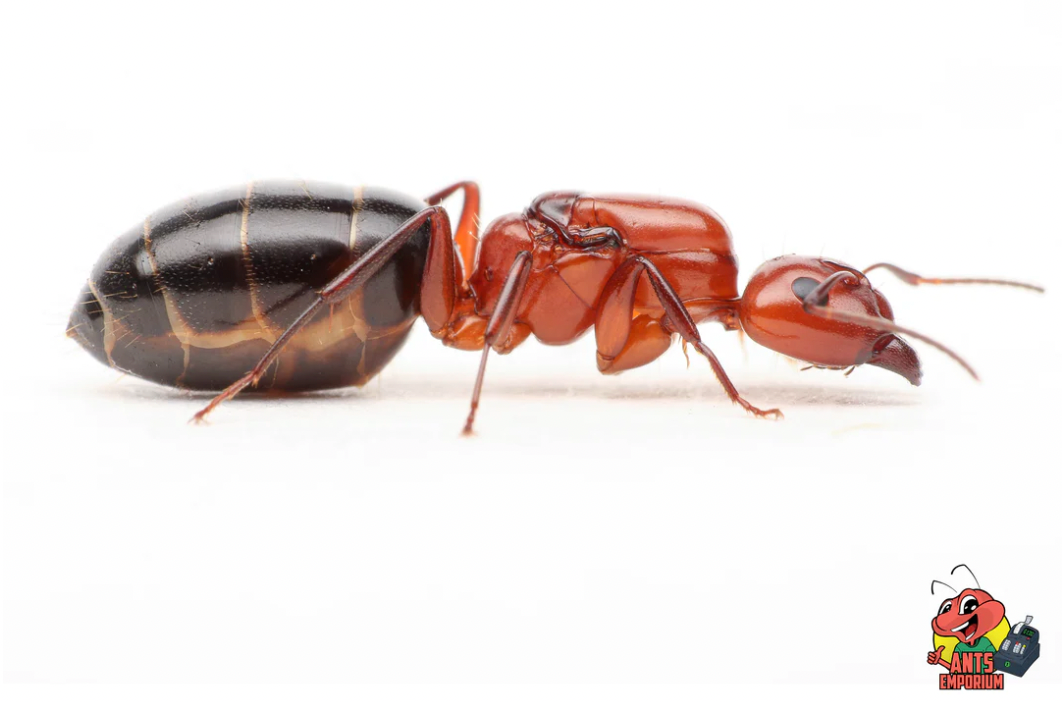

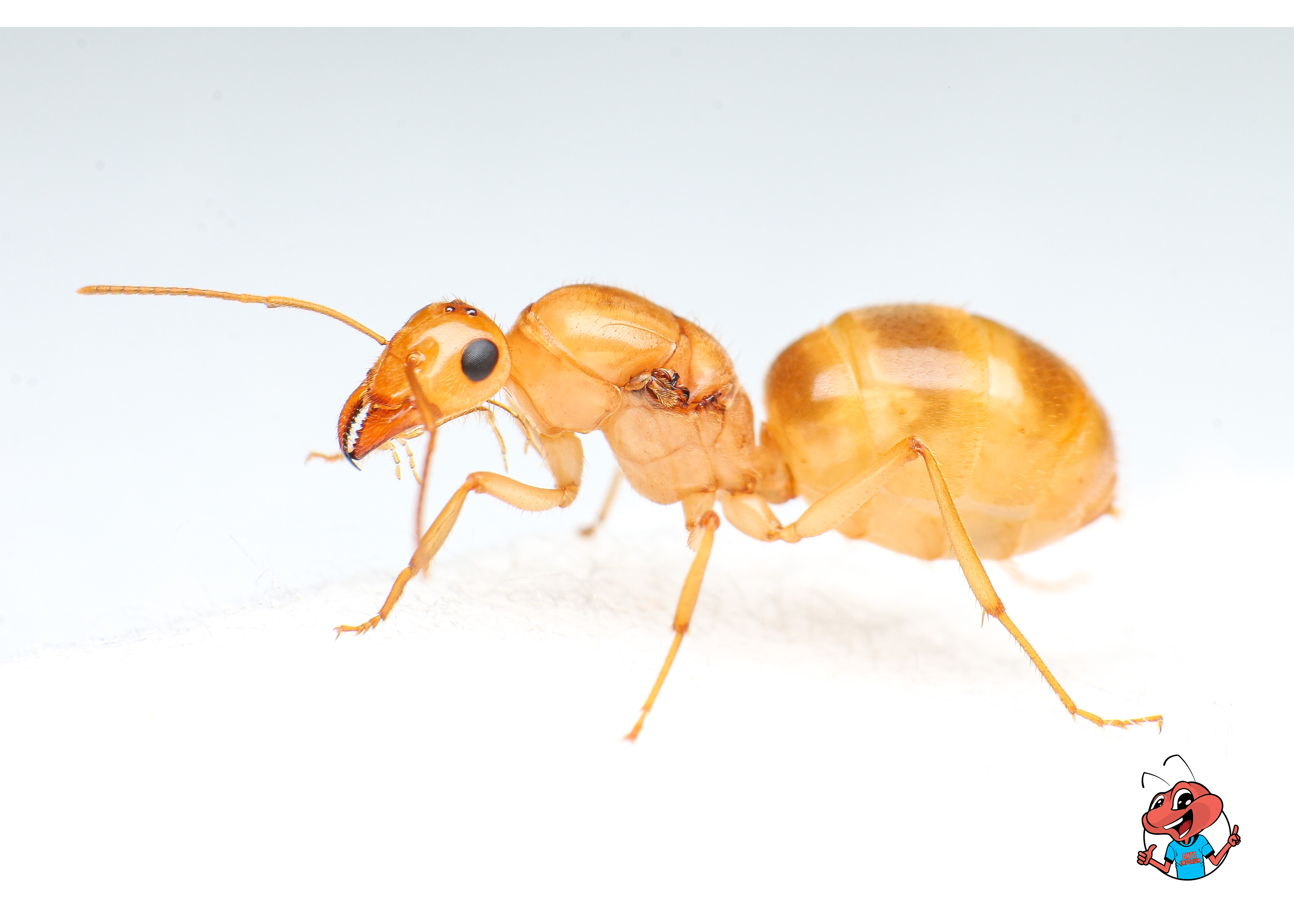
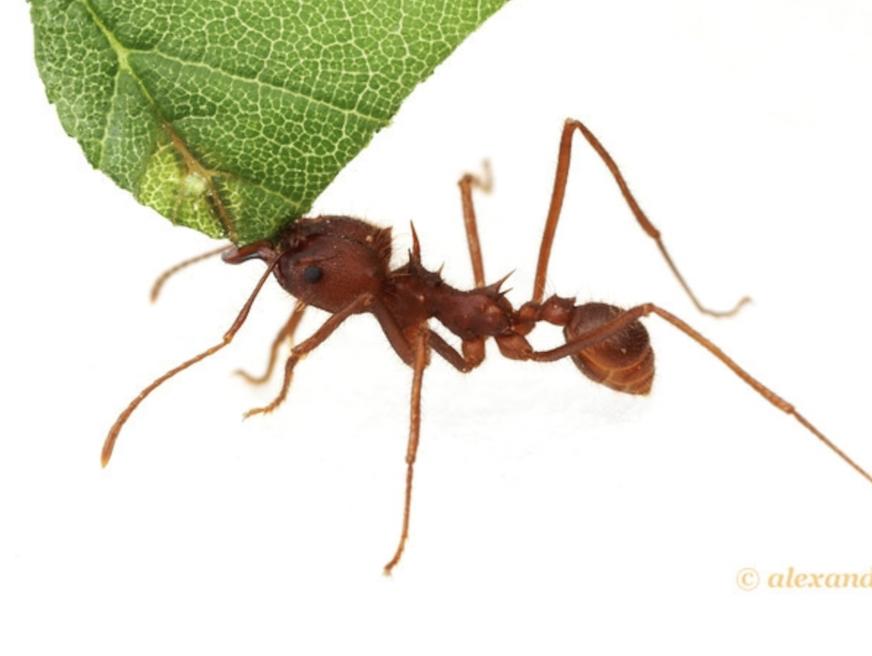
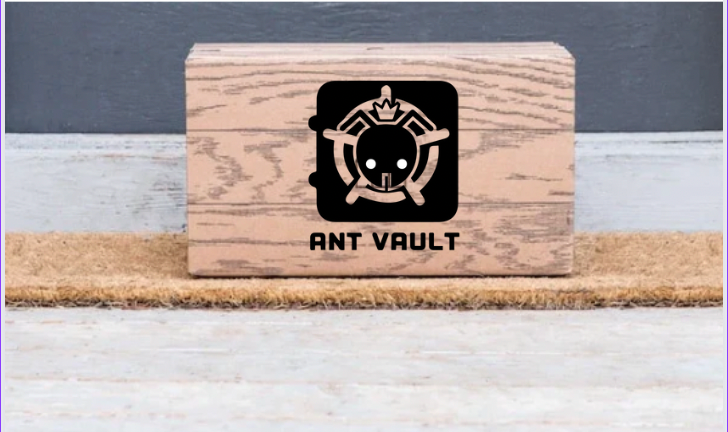


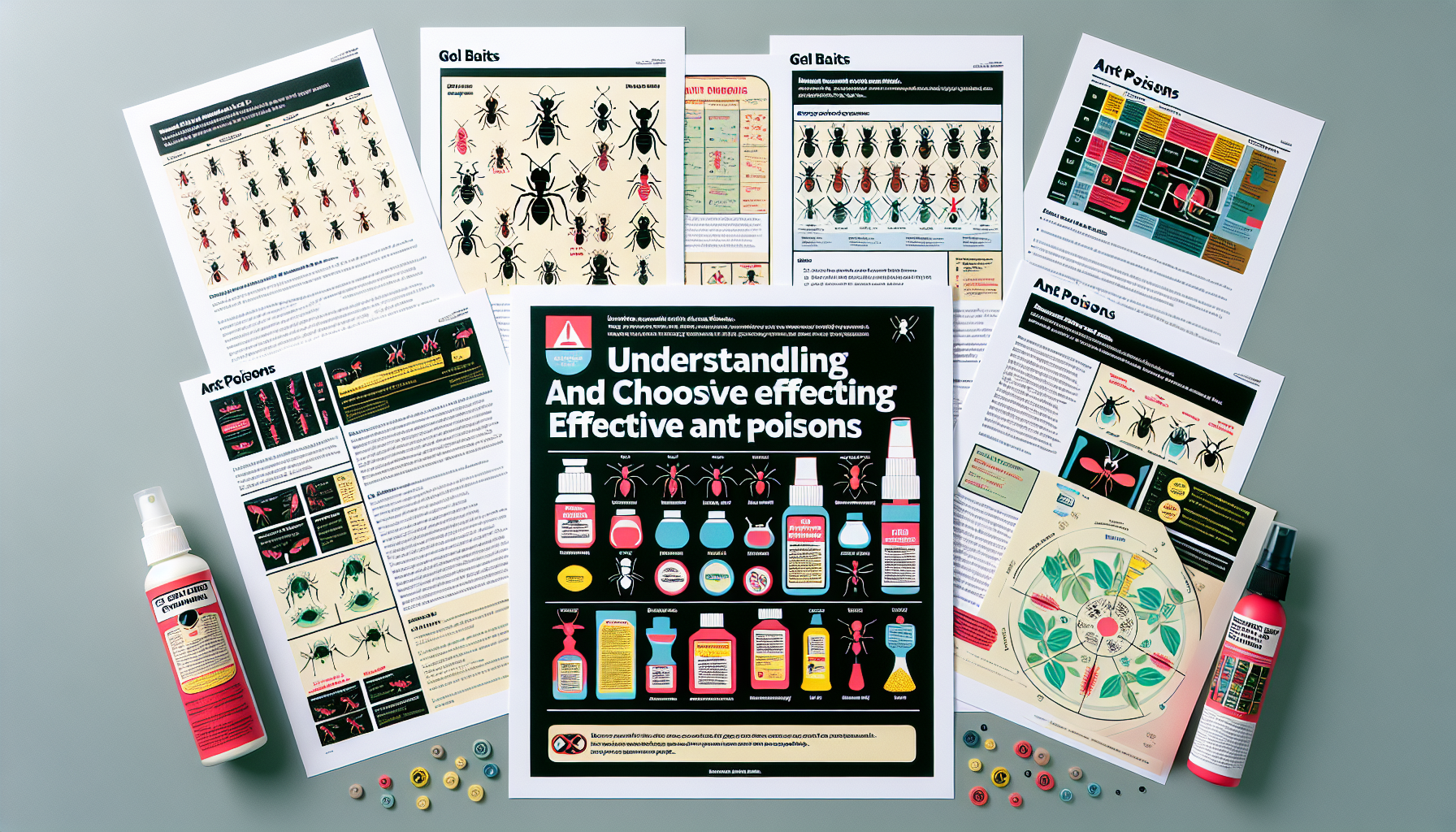
Leave a comment